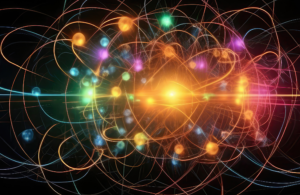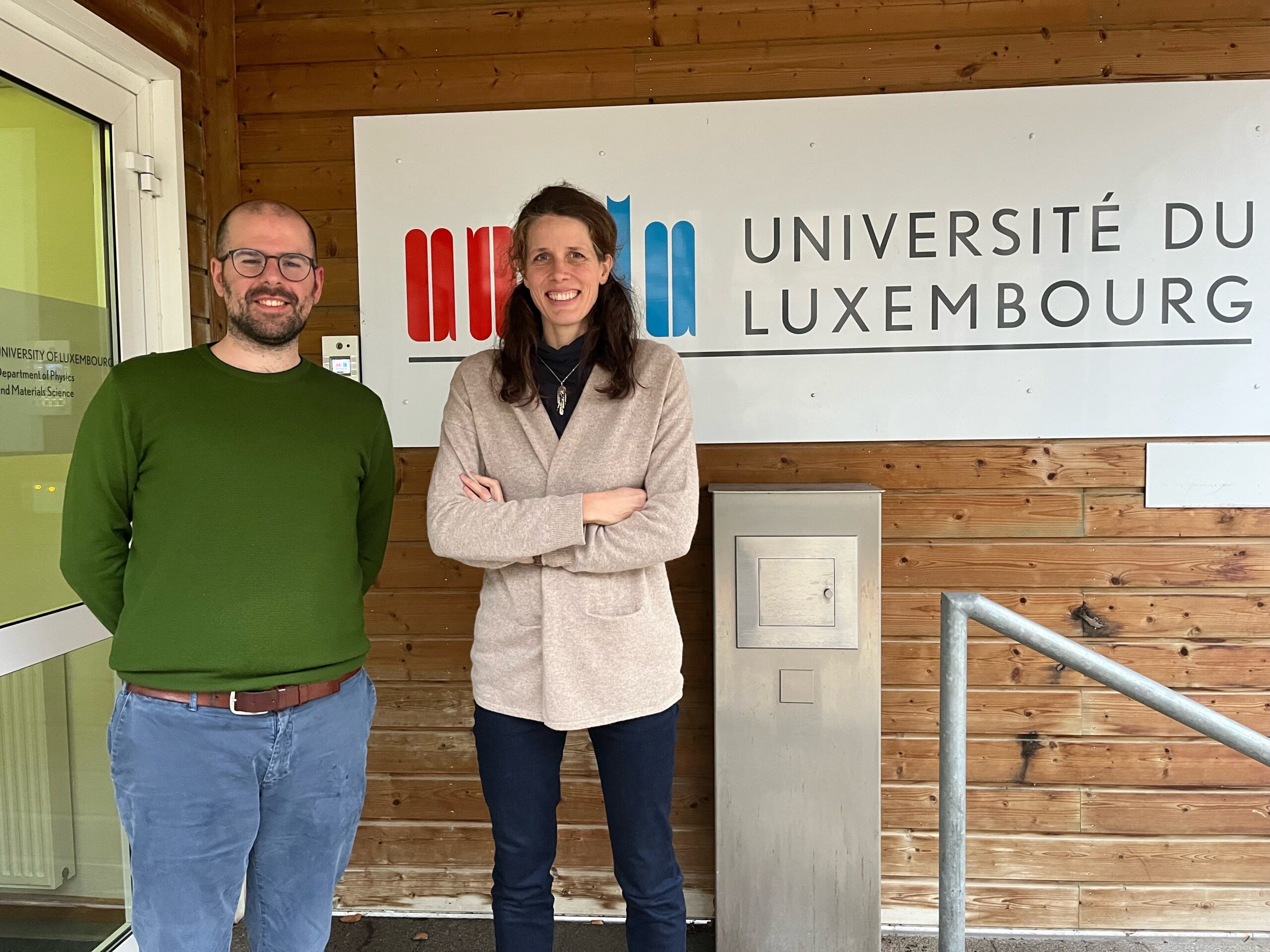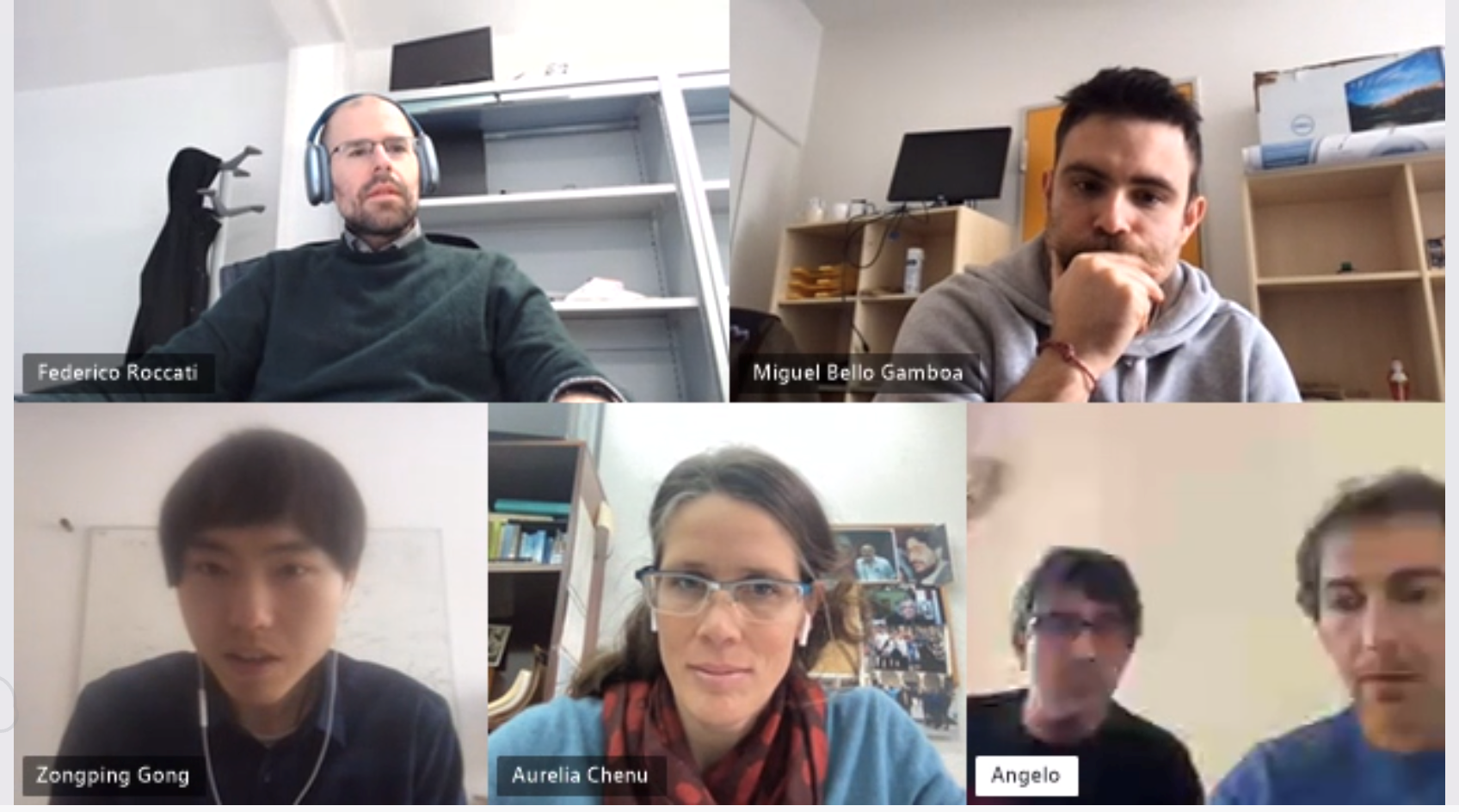Physicists from the University of Luxembourg, Palermo and Tokyo with the Max-Planck-Institute Germany have investigated how topological photonics and quantum optics are poised to revolutionize quantum technologies across industries, offering resilient circuits and precise manipulation of quantum states. These advancements bolster device reliability, minimize losses, and pave the way for smaller, more efficient quantum devices.
“In this work, we explore coupling atoms to photonic structures, facilitating inter-atom communication through photon-mediated interactions. By establishing general criteria for designing atomic topological states within topological photonic structures, our work holds promise for robust quantum computation using quantum nanophotonic devices”, explains Prof. Aurélia Chenu, Associate professor in Theoretical physics with a focus on quantum systems at the University of Luxembourg.
New technologies
The emerging quantum technologies and exploration of new physics require the ability to engineer quantum simulators described by Hamiltonians of many microscopic degrees of freedom, such as atoms, with desired features. However, much remains unknown in this regard. For example, it is unclear how the shared environment to which these microscopic components couple, such as a structured photonic bath, mediates the interactions between quantum particles.
In particular, the way in which a system may inherit topological properties from a bath is essentially unknown. “We fill such a conceptual gap and provide general theorems on the topological properties of photon-mediated Hamiltonians in terms of both Hermitian and non-Hermitian topological invariants. Through these theorems, we establish a system–bath topological correspondence. This framework is general enough to warrant its application to a variety of topological systems”, comments postdoctoral researcher Federico Roccati from the Department of Physics and Materials Science at the University of Luxembourg.
Publication “Hermitian and non-Hermitian topology from photon-mediated interactions”, Nature Communications, March 2024


